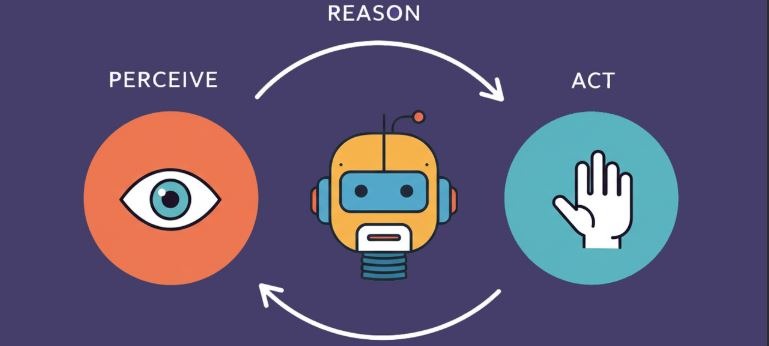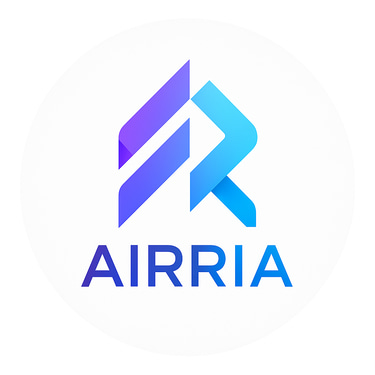The Rise of AI Agents and Digital Co-Pilots: Transforming Work and Daily Life
Explore how advanced AI systems are evolving beyond simple chatbots to perform complex tasks, reshaping industries and enhancing daily experiences.
TECHNOLOGY
3/28/20253 min read


The Rise of AI Agents and Digital Co-Pilots: Transforming Work and Daily Life
Artificial Intelligence (AI) has rapidly evolved from simple rule-based systems to sophisticated entities capable of autonomous decision-making and complex task execution. This progression has given rise to AI agents and digital co-pilots—advanced systems designed to assist and augment human efforts across various domains. These technologies are reshaping industries and daily life by automating intricate processes, enhancing productivity, and redefining the human-machine collaboration paradigm.
Understanding AI Agents and Digital Co-Pilots
AI agents are autonomous systems that perceive their environment, reason about the information, and take actions to achieve specific goals without human intervention. They can learn from data, adapt to new situations, and perform tasks ranging from simple automation to complex problem-solving. Digital co-pilots, on the other hand, are collaborative AI tools designed to work alongside humans, providing real-time assistance, suggestions, and automating routine tasks to enhance user productivity. While co-pilots focus on augmenting human capabilities, AI agents can operate independently to accomplish tasks. citeturn0search2
Applications in Business and Daily Life
Business Operations
In the corporate world, AI agents are revolutionizing traditional workflows. For instance, PwC has developed 'agent OS,' a platform that enables AI agents to communicate and collaborate effectively, transforming isolated AI tools into a coordinated "armada." This system allows businesses to build, customize, and connect AI agents to automate complex tasks, enhancing operational efficiency. citeturn0news10
Similarly, Deloitte and EY have introduced agentic AI platforms developed with Nvidia, offering digital agents to assist in tasks like financial management and tax compliance. These platforms aim to boost productivity, reduce costs, and transform business operations, potentially leading to new commercial models based on outcomes rather than hours worked. citeturn0news12
Healthcare
In the healthcare sector, AI agents and co-pilots are scaling capacity by automating administrative tasks and providing real-time support to clinicians. AI co-pilots assist healthcare professionals by offering suggestions, automating documentation, and providing real-time support during patient care. AI agents handle entire processes independently, such as scheduling appointments and processing insurance claims, thereby reducing administrative burdens and allowing healthcare providers to focus more on patient care. citeturn0search4
Personal Productivity
For everyday consumers, AI co-pilots are becoming integral to personal productivity. Tools like Microsoft's Copilot act as personal assistants, capable of drafting emails, summarizing meetings, and designing presentations. These co-pilots collaborate with users on daily tasks, while specialized AI agents work autonomously in the background to find new prospects or manage schedules, thereby enhancing individual efficiency. citeturn0search0
Impact on the General Population
The integration of AI agents and digital co-pilots into various aspects of life has profound implications:
Increased Productivity: By automating routine and complex tasks, these AI systems free up time for individuals and businesses to focus on strategic and creative endeavors.
Cost Efficiency: Businesses can reduce operational costs by leveraging AI agents to perform tasks that would otherwise require human labor, leading to more affordable products and services.
Enhanced Accessibility: AI co-pilots can assist individuals with disabilities by providing tailored support, enabling greater independence and participation in various activities.
Job Transformation: While AI agents automate certain tasks, they also create opportunities for new roles focused on managing, training, and collaborating with these systems, necessitating a shift in skill sets and education.
Conclusion
As AI agents and digital co-pilots become increasingly integrated into various aspects of business and daily life, they promise to revolutionize how tasks are performed, enhancing efficiency and productivity. However, this technological evolution also brings forth challenges, including ethical considerations, security concerns, and the necessity of embedding organizational culture into AI systems. Addressing these issues is crucial to fully harness the benefits of AI while mitigating potential risks. As we navigate this transformative era, a balanced approach that embraces innovation while upholding ethical standards will be key to ensuring that AI agents and digital co-pilots serve as valuable partners in our personal and professional lives.

Explore
Join us on our journey to monetize content.
© 2025. All rights reserved.
